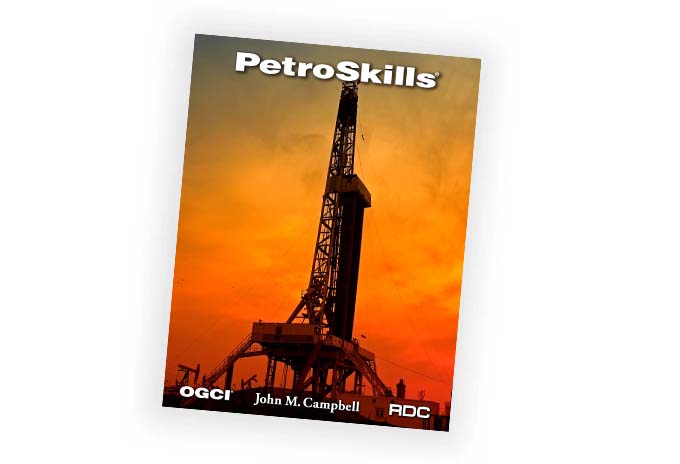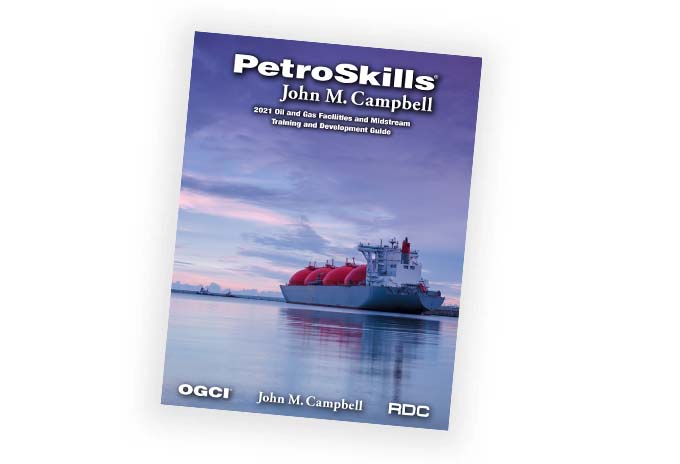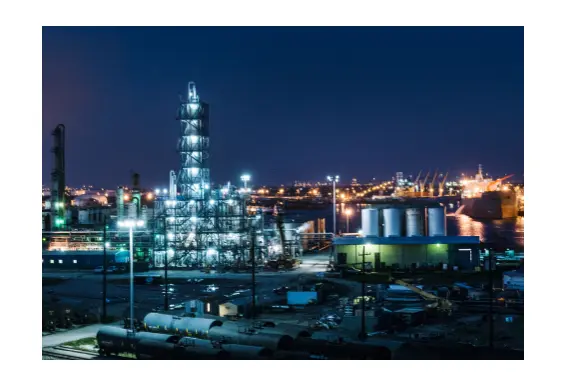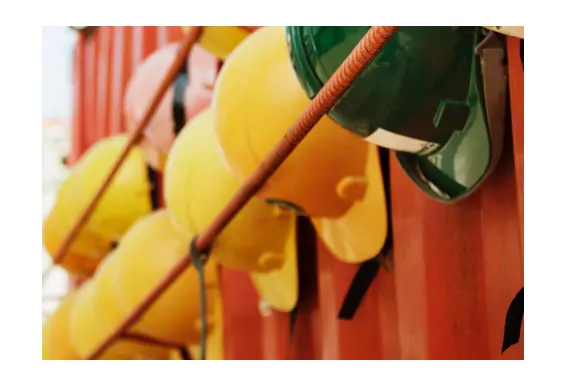Crude Oil Pipeline Operations - OT-50
Course
About the Course
This course utilizes case studies and industry best practices for operating and maintaining onshore crude oil and liquid pipeline systems that maximize life cycle reliability; employee, public, and environmental safety; and operational cost effectiveness. It focuses on open discussions and troubleshooting techniques that may be applied to crude, HVL (High Volatility Liquids) and refined product pipelines and their associated infrastructure. The course aims to improve the operation profitability and communication with management and engineering staff.
Target Audience
Pipeline operations personnel who require a working knowledge of onshore liquid pipeline and terminal systems, including the common operational difficulties that may arise and operational tactics used to resolve them. Also suitable for maintenance personnel, metering technicians, lead supervisors, and area managers, as well as field engineering personnel who would benefit in an understanding of pipeline systems that can be applied in their daily work activities.You Will Learn
Participants will learn how to:
- Apply regulatory codes, standards, and industry guidelines (PHSMA 195, ASME B31.4, API-1173 and others) that control and guide the operation and maintenance of pipeline facilities
- Explain fluid properties and behavior of crude oils, wax behavior, temperature relationships and use of DRA in crude oil pipelines
- Apply mechanical and physical principles to explain pipeline hydraulics, pipeline pressure gradients and predict capacity on the system
- Identify pipeline MOP, surge and causes of overpressure and the mitigation measures utilized on liquid pipelines
- Explain pipeline facilities; pump stations, filtration, metering and LACT units, sampling and testing, pigging equipment, tank terminals and truck/rail loading facilities
- Explain liquid pipeline operations; commissioning and purging/filling, startup, stopping, pigging and pig receiver operations, measurement and sampling activities
- Identify principle causes of loss of containment and mitigating measures; corrosion, environmental cracking, overpressure, 3rd party damage and error
- Review regulatory compliance requirements for CFR 49, Part 195, to be better prepared in the case of compliance audits
- Explore emergency response measures to spills and loss of containment
Course Content
- Overview of crude oil transportation systems
- Industry codes and regulations, scope and applicability
- Crude oils, waxes and DRA, fluid properties and behavior
- Overview of hydraulic analysis of pipelines and hydraulic gradients
- Pipeline pumps - components, operation, seal systems and seal leak detection
- Pipeline surge and overpressure protection systems
- Pipeline facilities - filtration, pressure controls, pigging equipment
- Terminal facilities - tanks, truck/rail loading, metering, sampling and proving
- Pigging goals, processes and activities
- Pipeline repairs and maintenance
- Corrosion overview and prevention
- Leak detection methods
- CFR 49, Part 195 review of documentation requirements and terminology
- Emergency response planning, spills and loss of containment response
Product Details
Categories:
Upstream, Midstream, Downstream, Operations & MaintenanceDisciplines:
Operations & MaintenanceLevels:
FoundationProduct Type:
CourseFormats Available:
In-ClassroomInstructors:
Stuart WatsonAdditional
Request a Public Session
If you are interested in a public session of this course, please click the button below to request it.
Request Public SessionIn-House Training
This course is also available upon request as a private, on-site seminar. Contact us for details and pricing.
Request In-House TrainingNeed Help
Contact us if you have additional questions about how to register for or attend this course.
Contact Us



